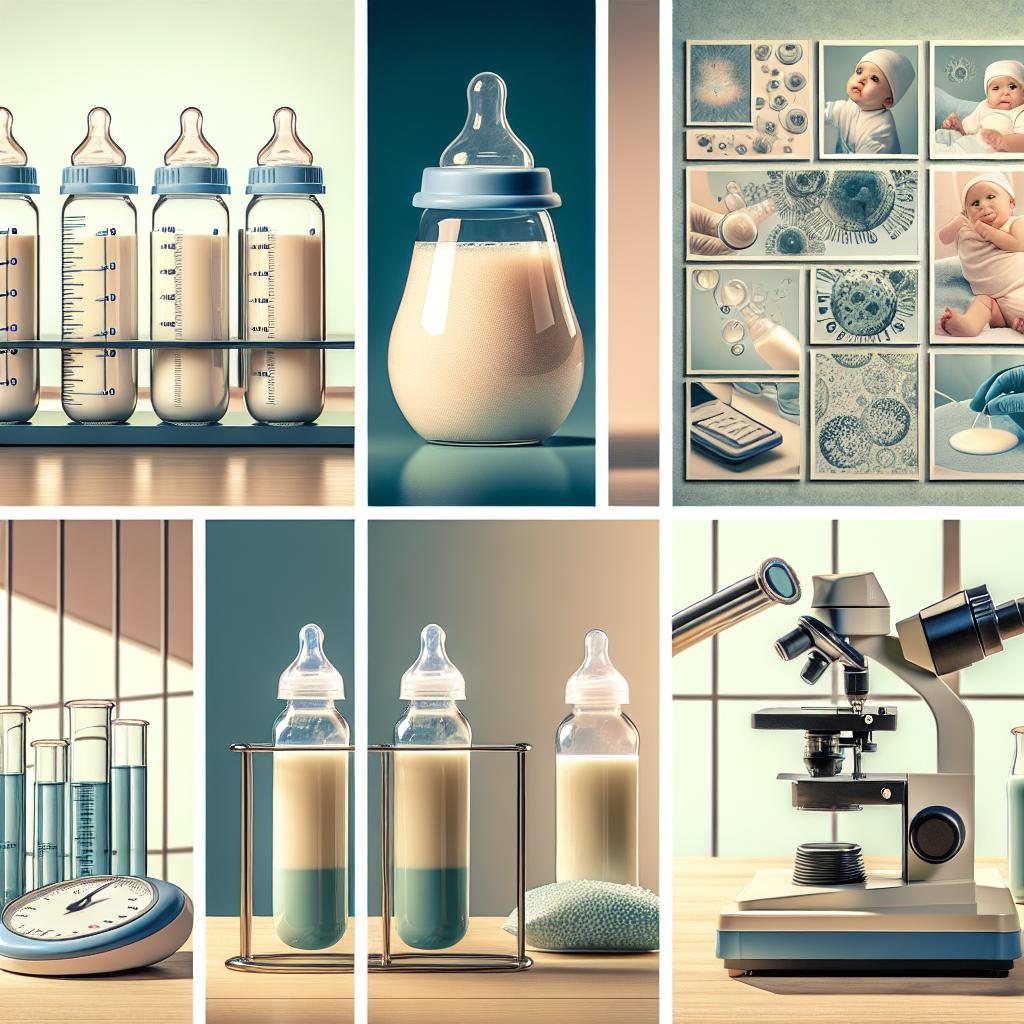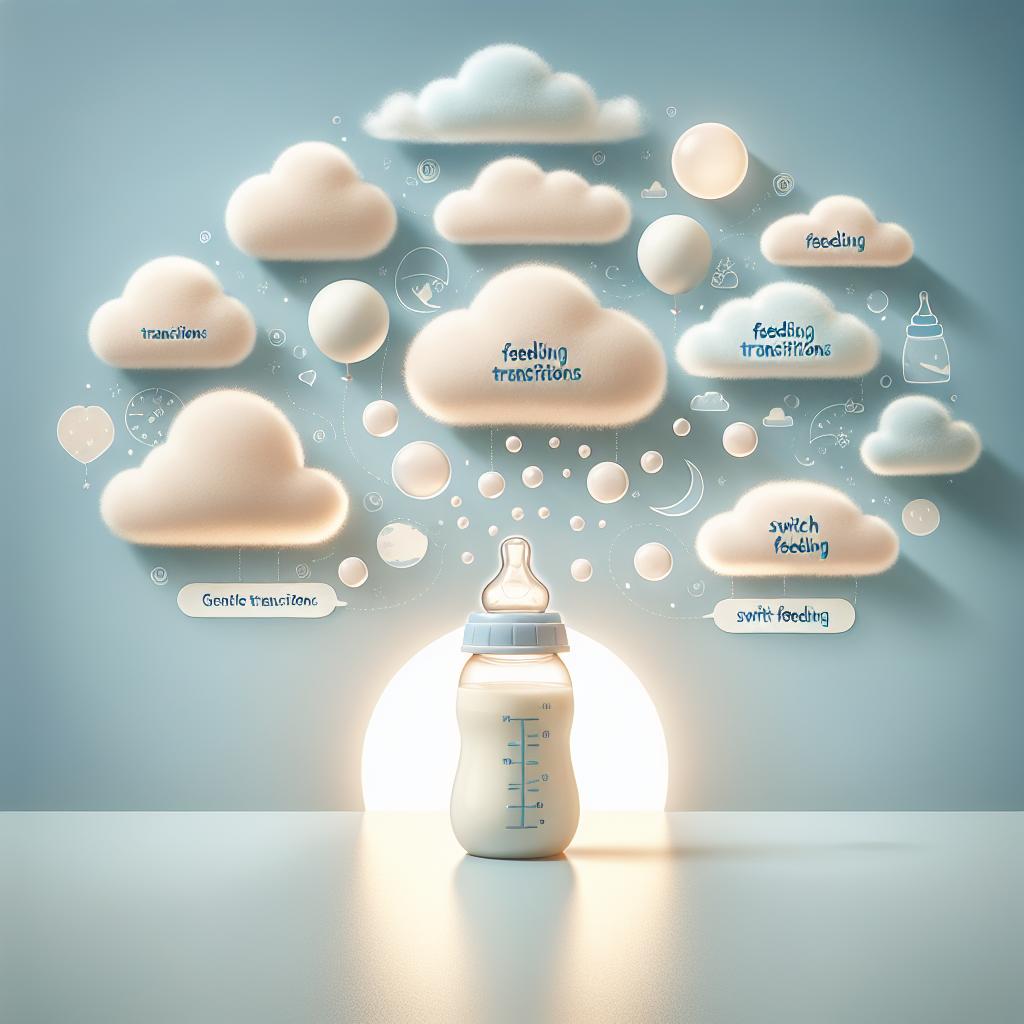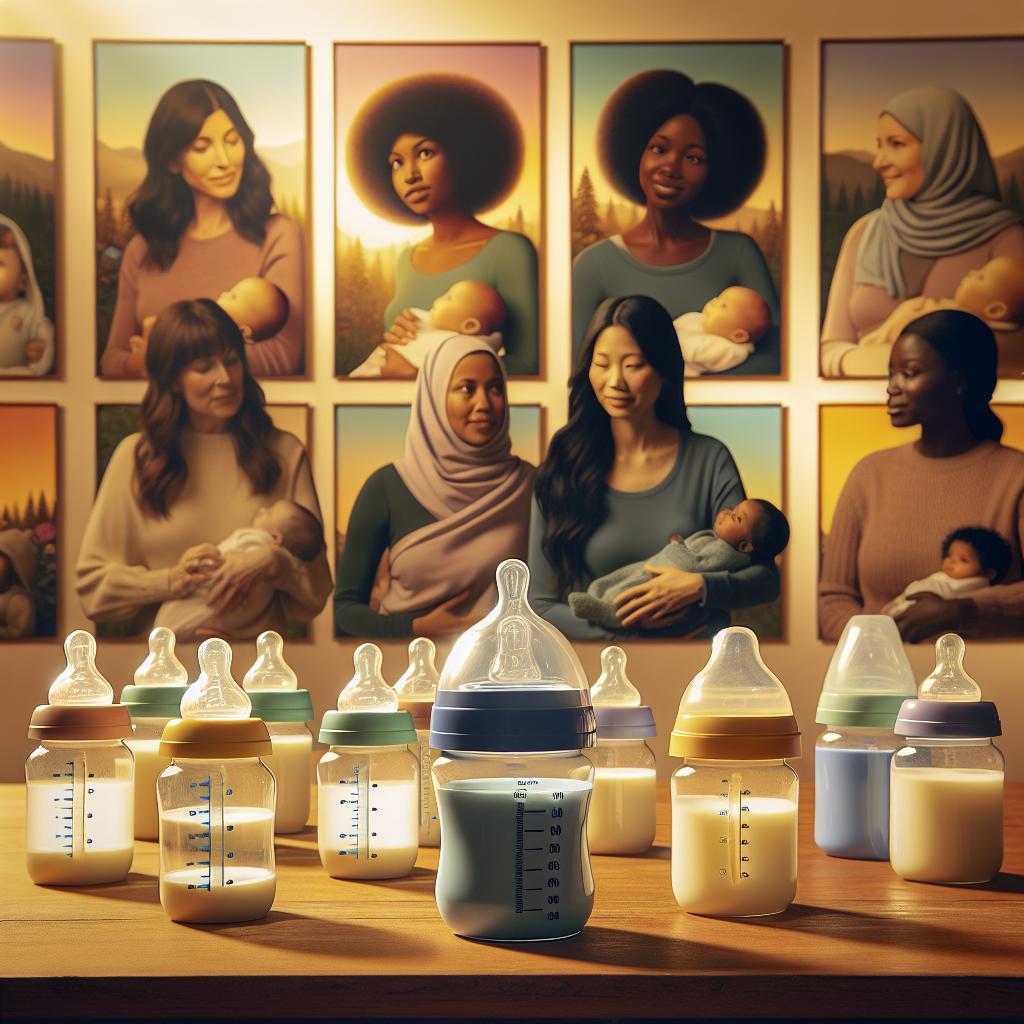Understanding the Importance of Scientifically Tested Baby Bottles
Parenting is a roller-coaster ride filled with joy, excitement, and challenges. One of those challenges is finding the best feeding solutions for your little one. A crucial part of this process is selecting the most appropriate baby bottles. While there are myriad options available in the market, it is important to opt for baby bottles that have undergone scientific testing to ensure their safety and efficacy.
What Makes Scientifically Tested Baby Bottles Stand Out?
Scientifically tested baby bottles are designed and developed using meticulous research and cutting-edge technology. But what exactly do these tests involve, and why do they make a difference? Here are some key points:
- Material Safety: One of the primary factors tested is the safety of the materials used. This ensures that the bottles are free from harmful chemicals such as BPA, lead, and phthalates.
- Design Efficacy: The design of the bottle is scrutinized to ensure it supports a proper latch, reduces colic, and mimics the natural breastfeeding experience as closely as possible.
- Durability: These bottles are put through rigorous durability tests to ensure they can withstand everyday use and repeated sterilization processes.
- Heat Resistance: Tested baby bottles are checked for their resistance to heat, ensuring they can safely be used in sterilizers, dishwashers, and warmers.
These elements combined result in baby bottles that not only enhance the feeding experience but also contribute significantly to the health and wellbeing of your child.
Choosing the Best Feeding Solutions: Beyond the Bottle
While the bottle itself is immensely important, it is equally crucial to consider the contents you fill it with. From breastfeeding to formula feeding, and eventually transitioning to solids, each stage requires careful consideration and planning.
Ensure Milk Gold, for instance, is a nutritional supplement often recommended for adults but is not suitable for infants or toddlers. Make sure to rely on pediatrician advice and using high-quality, age-appropriate products.
Scientific Feeding: A Community-backed Approach
It’s heartening to note that the importance of scientifically tested baby bottles has been recognized and endorsed by the global parenting community. There are countless successful experiences and positive reviews shared by parents who have chosen this route. As we forge ahead, it’s clear that the use of science in creating better feeding solutions for our little ones isn’t just a trend—it’s the future.
As you navigate through your parenting journey, remember that every child is unique, and what works for one might not work for another. Embrace the joy of finding the perfect solutions that fit your child’s needs, backed by scientific research and testing.
The Journey Ahead
Discovering the right feeding solutions for your little ones is a journey—one where scientific testing plays a critical role. As more parents consciously choose tested baby bottles, we move closer to creating a safer, healthier world for our children.
A Deep Dive into Scientific Testing Methods
The rigorous scientific testing procedures applied to baby bottles vary by manufacturer and regulatory jurisdiction, but they all aim for the same goal – ensuring baby’s safety and health. Here are some common processes these bottles undergo:
- Chemical Leaching: Bottles are tested to confirm if they leach harmful chemicals into the liquid stored.’,
- Durability: Bottles are subjected to physical and mechanical tests to assess how well they can handle drops, knocks, and general wear-and-tear over time.
- Heat Resistance: Thermal shock testing examines how bottles manage exposure to extreme temperatures, especially with repeated sterilizations and washes.
- Bacterial Infiltration: Bottles are inspected to determine if they retain any unwanted bacterial growth from feed or washes.
These subsequent tests put marker to baby bottles’ inherent quality and performance, which ultimately falls on baby’s safety and health.
The Science behind Selecting the Right Formula
When it comes to bottle feeding, the type of formula you select for your child is equally crucial. Diverse brands and types of infant formulas can be overwhelming for any new parent. That’s where science steps in.
The best infant formulas are formulated based on scientific research. They ensure that the product is nutritious, safe, and closely resembles breast milk. Making the right choice becomes easy when parents understand what they should be looking for in a formula. Some critical points include but not limited to the source of protein, carbohydrate, and fats, amount of vitamins and minerals, and added beneficial food components.
You can refer to this resource for guidelines on safely warming up baby formula and breastmilk. Remember, carefully follow the instructions on the formula container and heed your pediatrician’s advice.
It’s More than Just Testing; It’s Informed Parenting
Opting for scientifically tested baby bottles and formula isn’t merely about trusting a label, but about cultivating informed parenting. These parents are not only guaranteeing safe feeding options for their babies, but they’re also taking a proactive role in their child’s health and development.
Embracing scientific evidence does not dismiss the natural instinct each parent possesses—it strengthens it. Being scientifically informed gives parents the tools to detect, question, and decipher misguided information and make the best decisions for their babies.
Facing Bottle-Feeding Challenges
However, remember, bottle-feeding doesn’t always go seamlessly. Problems may arise, such as your baby refusing the bottle. In such instances, here are some expert tips that can provide solace and solutions.
In addition, regular check-ups are crucial as they allow for early detection of complications that might require extra medical attention. For example, infants with cystic fibrosis will require special nutrition plans and monitoring due to their difficulty in absorbing nutrients. In those cases, a sweat test might be recommended by the pediatrician.
Conclusion
Parenting is a dynamic journey with its twists and turns. Every child is unique, and as a parent, you’re the best person to make decisions for your child. Keep in mind, there is no one-size-fits-all solution. Trust in scientific research, heed expert advice, lean on community support, and most importantly—trust your instincts.
Embrace this beautiful journey as you shape the future of your child. By choosing scientifically tested baby bottles and formulas, you’re taking an informed step towards nurturing your baby’s health and well-being, setting them up for a bright future.





